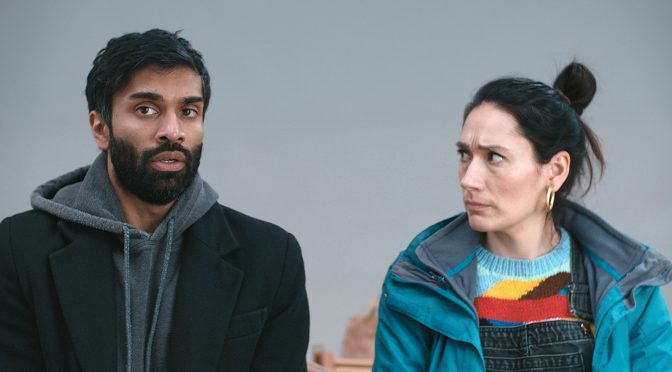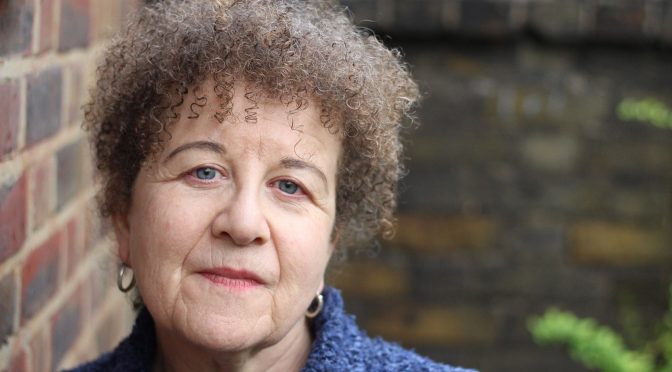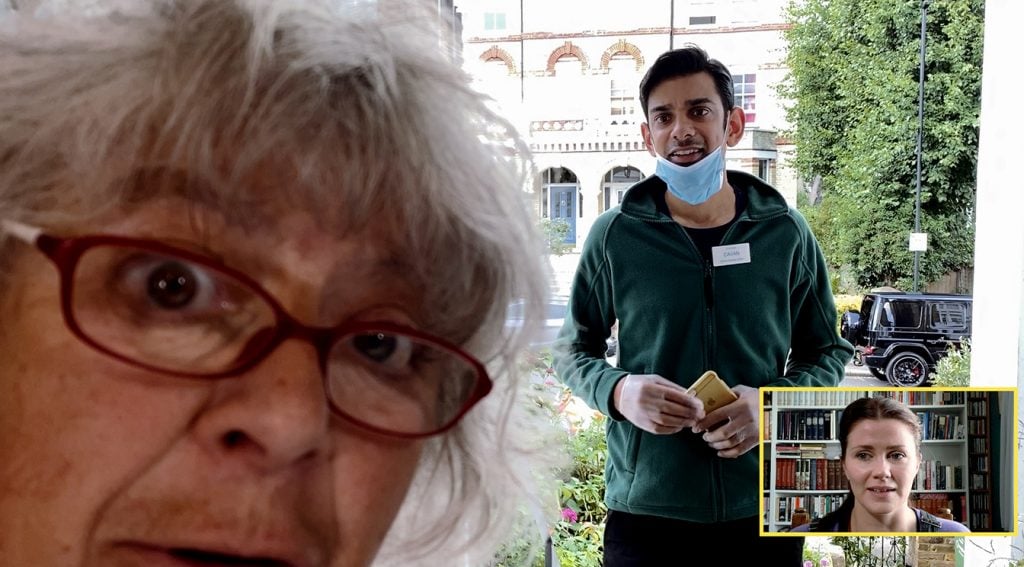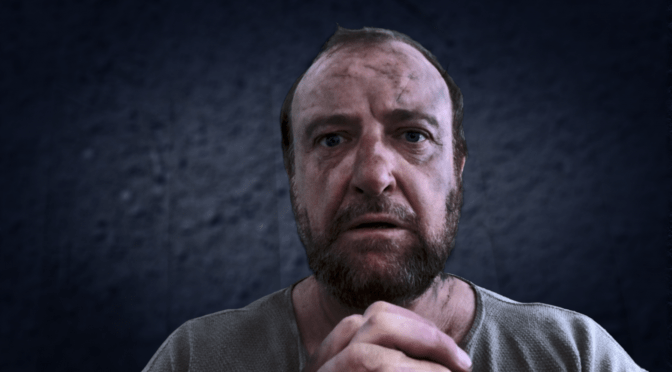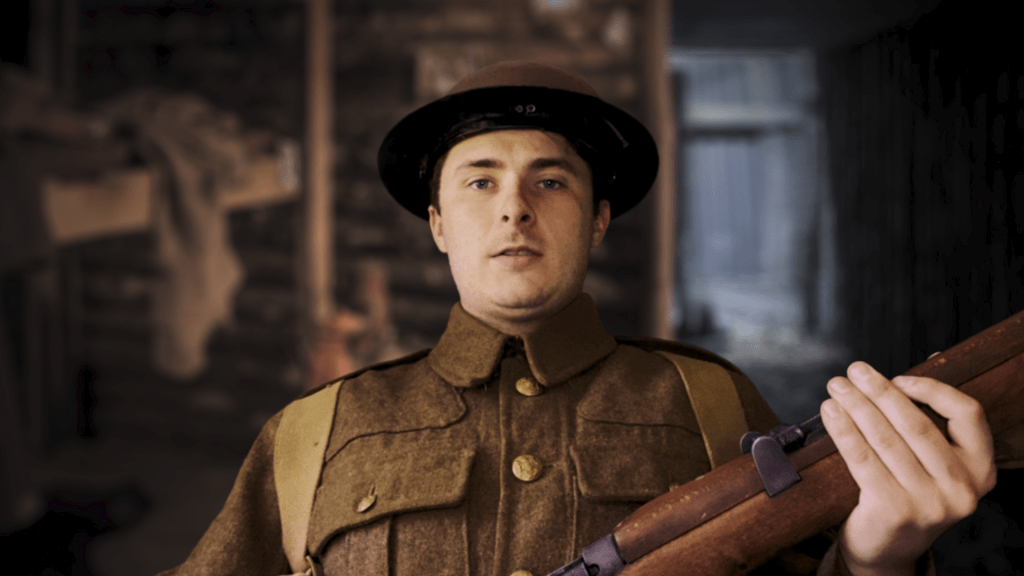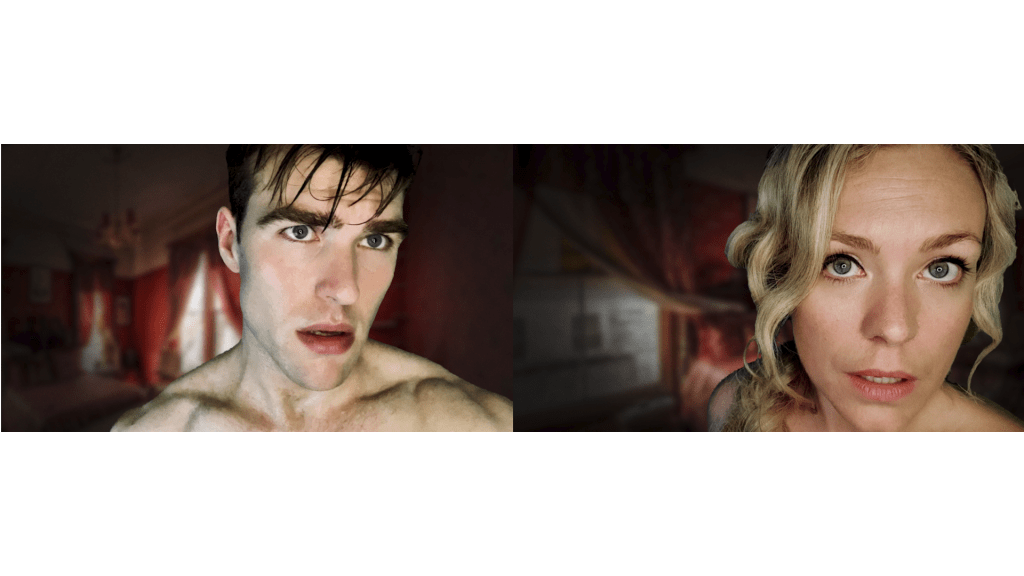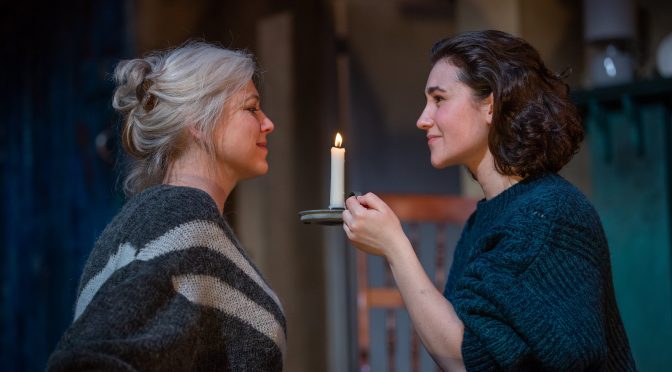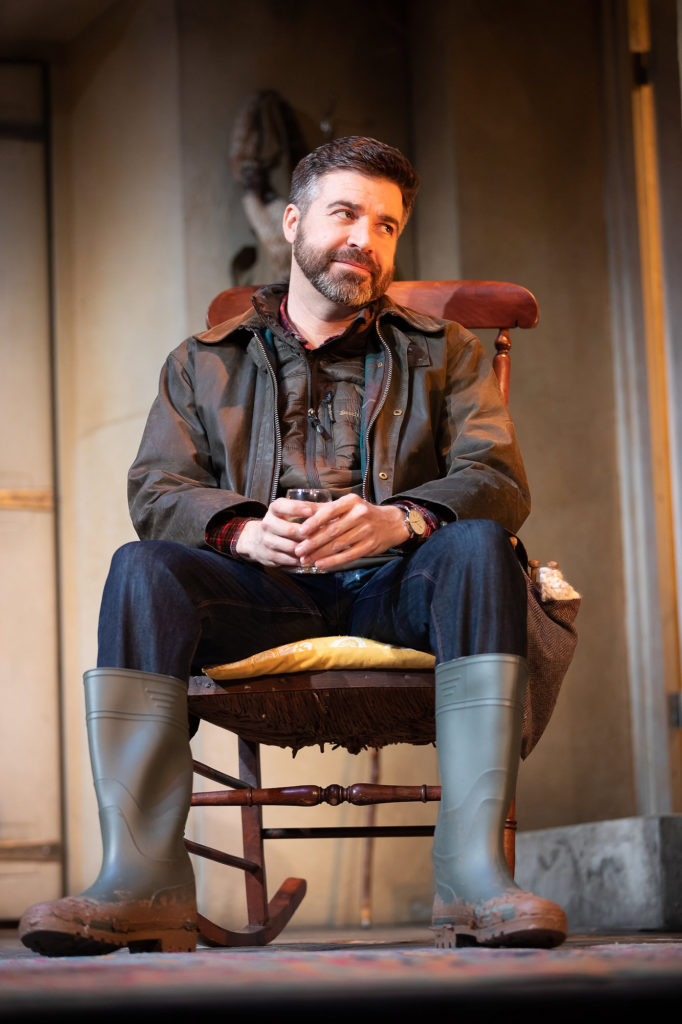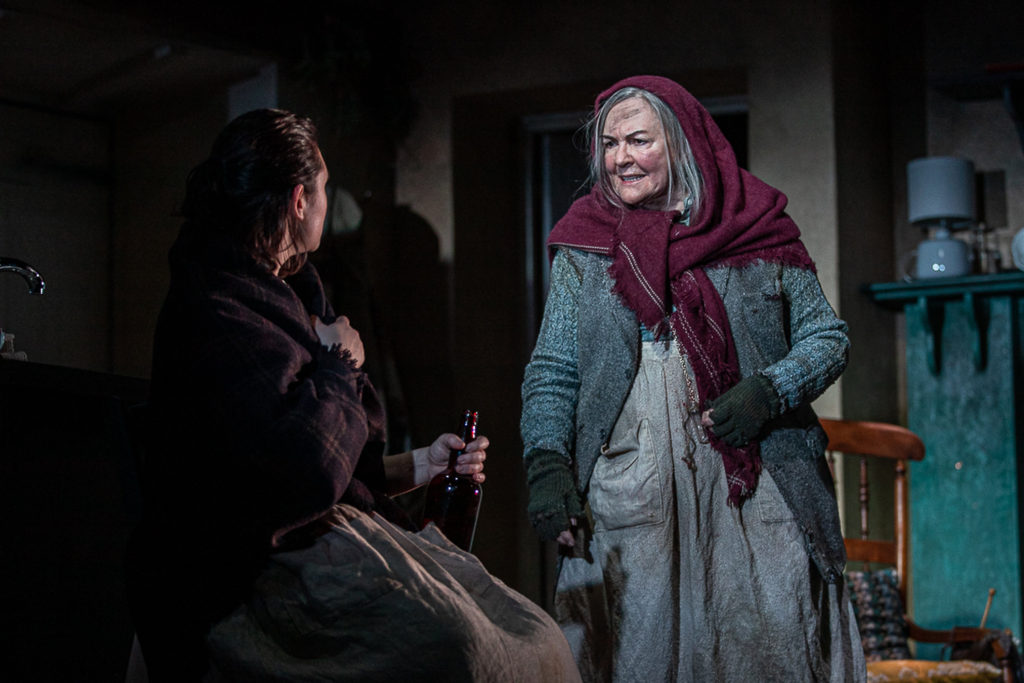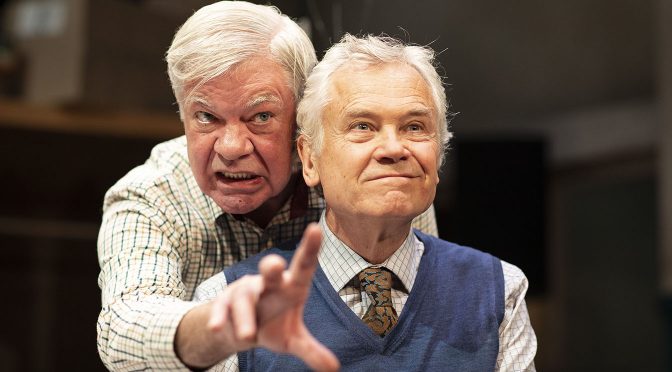With director Natalie Abrahami on board, Lorien Haynes’ impressive new piece explores the impact of grief. With a naturalistic feel and fantastic attention to detail, there are wonderful performances, so it’s a show to enjoy despite the difficult subject matter. Nikesh Patel plays Adam, who has lost his wife Liv to cancer, and Sian Clifford takes the role of their friend Cat. Both performances complement the strong observations in the script.
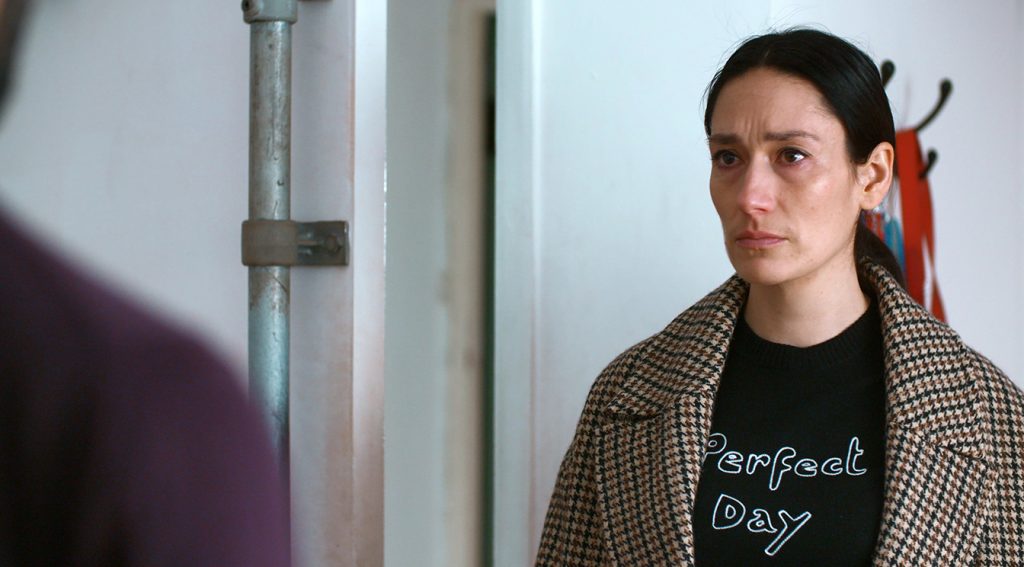
Clifford has called the mix of play and film a “plilm”. I respectfully disagree! It’s filmed in a studio space with the simplest of props, and captions introduce the date and location of each scene, but Abrahami brings the theatre to the screen better than most. There’s an air of a successful workshop, of rehearsals freshly completed and a real feel of the theatre – just what I need right now, thank you.
Good Grief has shortcomings. Firstly, while injecting humour is a fine idea, the jokes aren’t good. The humour isn’t dark or original enough. This becomes an increasing problem as Adam is supposed to be funny. With “always a joke” to hand, some of them need to land.
The friends’ relationship is established and developed well. Aided by the performances, both characters are made appealing and they are recognisable. It’s not much of a plot spoiler…
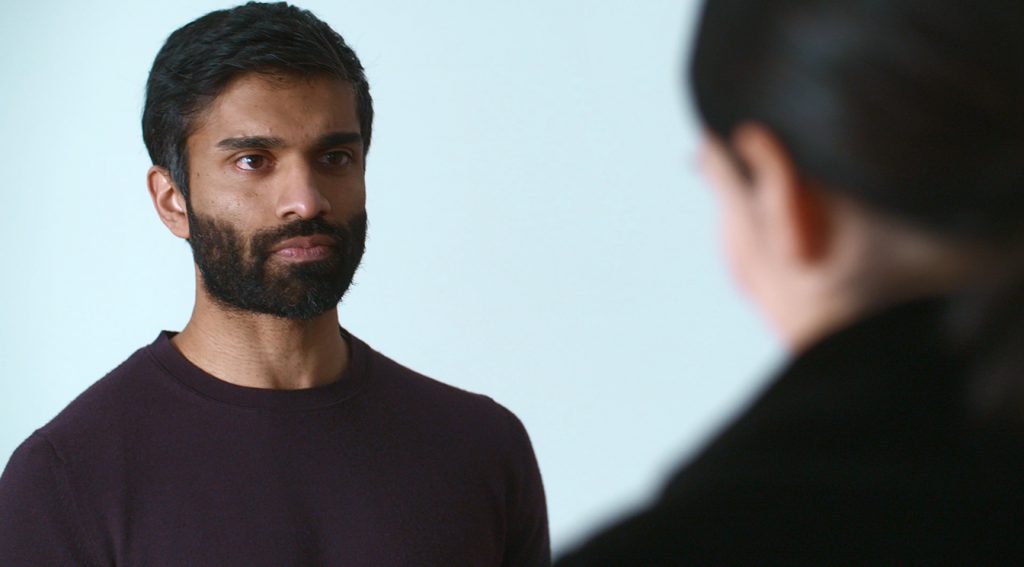
…to say that Adam and Cat end up sleeping together. But this raises another quibble. Much of the drama comes from how shocking you find the sexual element or how convincing the subsequent guilt is. Maybe a stronger sense of their community might help? Other friends are mentioned and what other people will think is questioned a lot. But the idea of the close-knit, well-to-do clique they belong to is vague. Neither seems to like the other people in their lives, so why should they bother what they think?
Haynes gives due weight to both characters’ mourning – it feels important to note that friends grieve as well as partners. There’s real insight here. Even more impressive, while Good Grief is a tear-jerker it never feels emotionally manipulative. The temptation, for a writer, must be strong. Admittedly, there’s a posthumous letter from Liv that makes a pretty harrowing scene. But Haynes holds firm to give us a candid picture of grief that rings true with its realism, and is both moving and intelligent.
Until 15 April 2021

